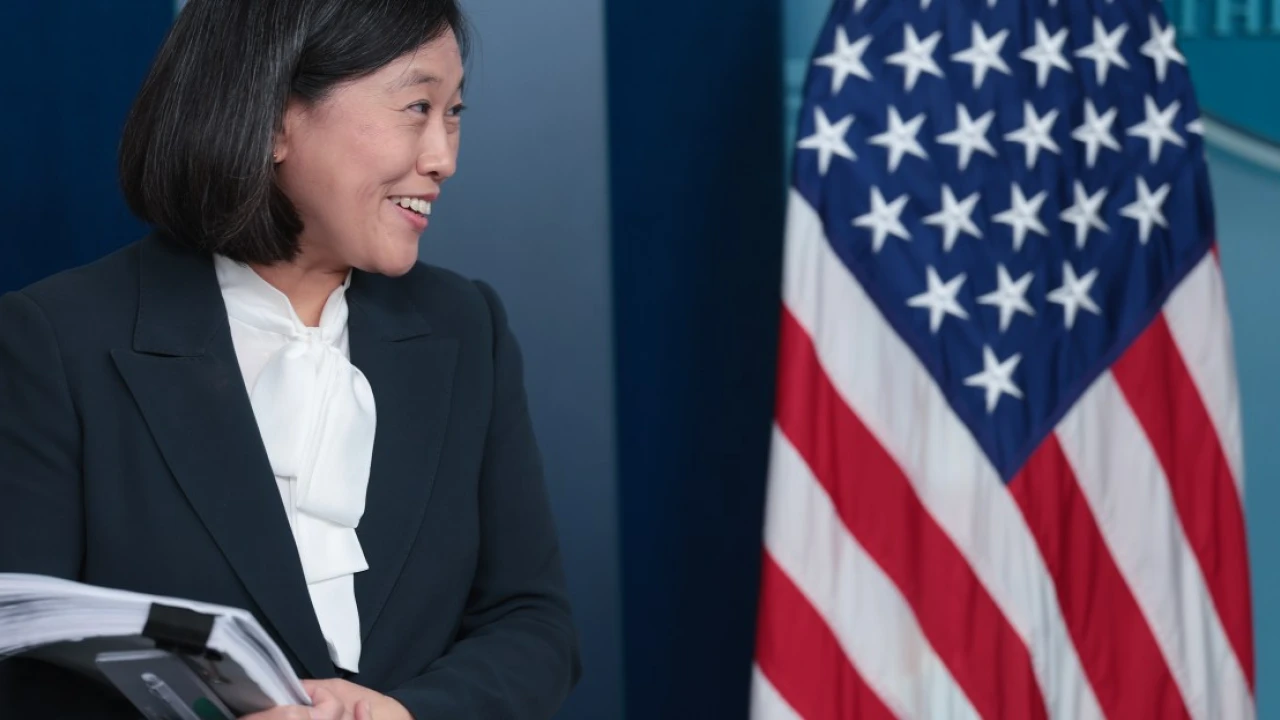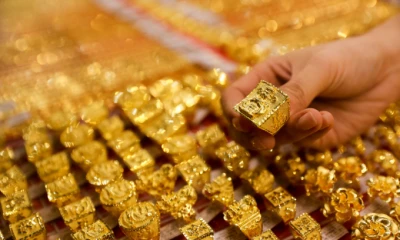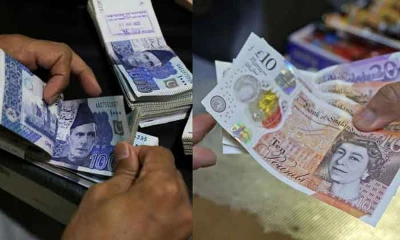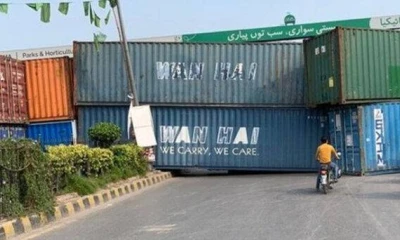“I’m really tired of being called a protectionist,” Katherine Tai, President Joe Biden’s trade representative and a leading architect of his confrontational economic approach to China, told me on Monday. Given what Biden’s opponent has been saying lately, I empathize. Former President Donald Trump reportedly told Republican lawmakers he wants an “all tariff” policy, in which all federal taxes would be replaced with taxes on imports. In the near term, Trump has committed to a 10 percent tariff on all imports from any country. Next to proposals like that — which would explode consumer prices and make the tax code far more regressive — Biden and Tai sound like free-traders. But compared to the bipartisan consensus that prevailed until Trump took office, I think “protectionist” is fair. Tai and Biden have continued many of Trump’s tariffs from his term, in defiance of World Trade Organization (WTO) rebukes. This spring saw a flurry of new Biden tariffs targeting China, most notably hitting electric vehicles and batteries. Tai and the administration see themselves as charting a new course, reversing anti-worker trade policies of the past. “We have shunted workers to the side,” Tai told my colleague and Today, Explained host Noel King, “and we need a domestic and international economic policy that champions the interests of our people.” But was the previous era really so bad? And are the Biden administration’s policies helping matters? Global trade helped the poor catch up From the perspective of humanity as a whole, the period of hyper-globalization starting in 1990 was kind of miraculous. Growth rates in poor countries have sped up markedly, and economists have found they were gradually “converging” toward rich countries. This era saw dramatic reductions in extreme poverty, especially but not solely in China. For manufacturing workers in rich countries, however, the consequences were grim. Regions and industries in the US exposed to competition from Chinese imports saw declining employment, lower lifetime incomes, and even higher drug overdoses. At the same time, researchers, including those who identified some of the biggest costs of the “China shock,” have found that the US as a whole benefited from trade with China, albeit modestly. Chinese imports lowered the cost of goods, which raises living standards for poor people in particular, given how much more they have to spend on consumer goods as a share of their income than the well-off. We could preserve the gains from globalization to both the world and the US while addressing its very real costs by combining open trade with more assistance to workers displaced in the process, such as through the successful Trade Adjustment Assistance program. However, critics have long contended that the redistribution offered to those who’ve lost out has been, in practice, far too limited. That’s fed a desire for a more confrontational attitude toward exporters like China, culminating in the tariffs adopted by Trump and largely continued by Biden. The Trump tariffs didn’t work In her interview with Vox, Ambassador Tai contended that consumers do not necessarily wind up paying the cost of high tariffs. “When we have started looking back at the last five and six years of prices in the United States, you did not see an automatic increase in prices as a result of tariffs,” she told King. After all, the companies that import goods could simply choose not to pass along the cost of tariffs to their customers. Except, in reality, they always do pass along the cost. At least four different high-quality studies have looked at the Trump tariffs. All have found “complete” or “almost complete” passthrough: that is, the tariffs were paid for entirely or almost entirely by US consumers in the form of higher prices. Make no mistake: US consumers pay for tariffs we impose. Meanwhile, Trump’s tariffs did not succeed in creating jobs in the US. They did, however, destroy jobs in agriculture by prompting China to retaliate with its own tariffs, particularly on soybeans and cotton. It’s not clear to me that Biden’s tariff regime will be any more successful at preserving or adding jobs in sectors like battery and auto manufacturing. Even though they were an economic dud, the researchers found the tariffs were a political success. Areas protected by Trump’s tariffs were more likely to vote for him in 2020. Though Tai certainly believes in tariffs against China on the merits, you don’t have to be a total cynic to wonder how much political factors are driving the Biden administration’s tariff policy too. Trade and the world order Tai has also continued the Trump policy of obstructing appointments to the WTO’s appeals board, and spent much of our interview criticizing the global trade body for inadequately fighting China’s own protectionist policies. She and her team have been talking a lot about the International Trade Organization, a never-created agency floated 80 years ago by President Franklin D. Roosevelt. They see it as a more pro-worker, pro-environment, and anti-monopoly vision of what international cooperation on trade might look like. FDR, Tai told me, understood the power of “market-based economies coming together to fend off the challenges of fascism on the right and communism on the left.” As an economic history nerd, I find discussions about FDR’s trade philosophy fascinating, but I did not expect to have one with a White House Cabinet member in 2024. We don’t have an ITO because the US Congress blocked it in 1950. If you look through the institution’s charter, which Tai is right to say includes a lot of tough anti-monopoly and labor rights language, “a lot of it is not something the US Congress would ever sign up for,” Inu Manak, a trade policy expert at the Council on Foreign Relations, says. Tai is surely thinking about China when she invokes the dream of an organization uniting “market-based economies” against fascism and communism. But at the same time she is defending tariffs on steel and aluminum that apply to almost all countries, not just China. The Biden administration’s Buy American provisions hurt allies like South Korea too, and Biden is opposing a Japanese company’s effort to purchase US Steel. Is this really just about China, or a more general (here’s that word Tai hates again) protectionist turn? I hope I’m wrong. Tai has expressed strong support for US trade preferences toward Africa, which gives me some optimism that the new paradigm she represents will treat poor countries fairly. But so far, the new trade approach is mostly reminding me of how much we gained from the old one — and how much we might lose by abandoning it.


 Business 1 day ago
Business 1 day ago
 Sports 17 hours ago
Sports 17 hours ago
 Regional 1 day ago
Regional 1 day ago
 Pakistan 2 days ago
Pakistan 2 days ago
 Pakistan 2 days ago
Pakistan 2 days ago
 Pakistan 2 days ago
Pakistan 2 days ago
 Pakistan 1 day ago
Pakistan 1 day ago
 Regional 2 days ago
Regional 2 days ago



























